Matiang’i Cautions Against Repeat of 2007 Violence, Calls for Electoral Vigilance
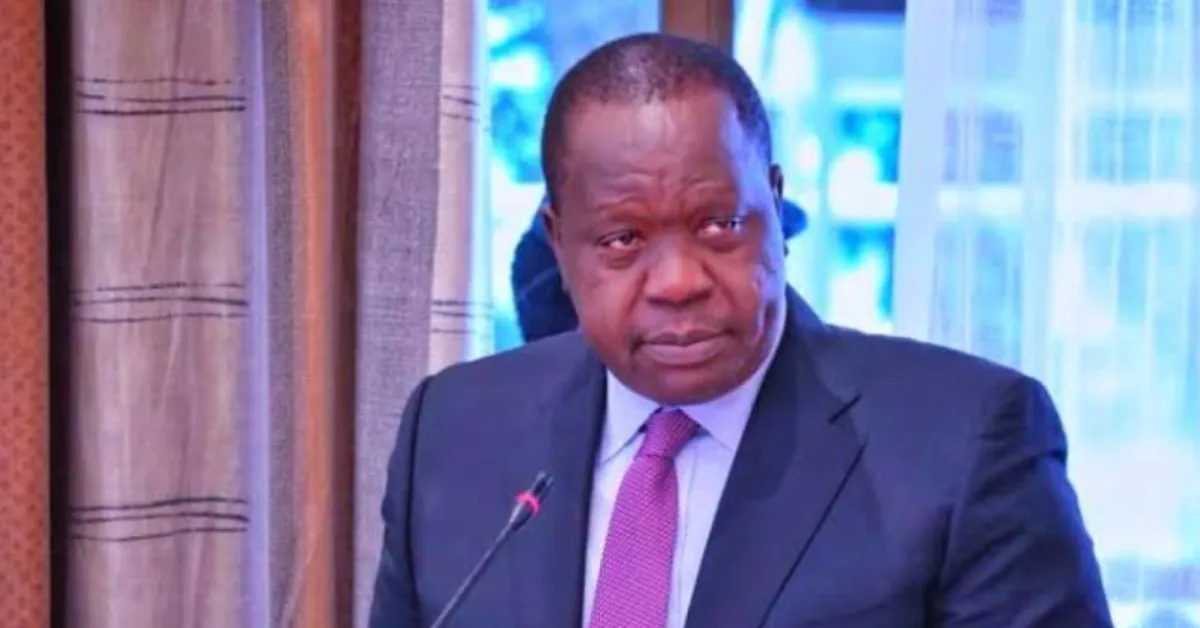
Former Interior Cabinet Secretary Fred Matiang’i has issued a strong call for vigilance regarding Kenya’s electoral processes, warning that a repeat of the 2007 post-election violence must be avoided.
His remarks, delivered during a live broadcast on K24, coincide with growing unease within the opposition concerning the impartiality of the Independent Electoral and Boundaries Commission (IEBC) as the nation gears up for the 2027 general elections. Matiang’i, viewed as a potential presidential contender, emphasises the critical need for public trust in the IEBC. He says that the Commission's operations must inspire confidence among Kenyans, as electoral credibility forms the bedrock of national unity.
His intervention comes shortly after Chief Justice Martha Koome swore in Erastus Ethekon as the new IEBC Chairperson, along with six commissioners, at the Supreme Court. These appointments signify the Commission's renewed operational capability, yet scepticism from opposition figures persists. Opposition leaders have voiced strong criticisms of the new IEBC composition. Wiper Party leader Kalonzo Musyoka described the commission as "handpicked," suggesting it is poised to compromise the fairness of the 2027 elections.
In a firm statement, Kalonzo cautioned that any attempt to manipulate the democratic process would be met with strong resistance, asserting that "the will of the people is not negotiable."
Matiang’i’s concerns extend beyond mere suspicion of electoral misconduct. He frames the situation as part of a broader erosion of trust in Kenya’s institutions, including the judiciary and other state bodies. He argues that sustained peace hinges on public confidence in these institutions.
“The new commissioners are Kenyans; they know where we’ve come from. They must not give any reason for doubt. That doubt, in itself, is dangerous,” he cautions.
The former Cabinet Secretary criticises the repeated use of national dialogue forums as a solution to Kenya’s challenges. Dismissing the prospect of convening another such forum, following past consultations at Bomas of Kenya, Matiang’i voices concerns that these efforts have become cyclical distractions rather than catalysts for genuine change. He questions why another dialogue forum should commence when elected representatives at various levels have not adequately addressed the country's problems.
His commentary resonates strongly against the backdrop of recent youth-led protests across Kenya, fuelled by demands for economic and political accountability. Matiang’i commends the clarity and directness of the questions posed by the youth, particularly Generation Z, arguing that establishing special councils to address their concerns merely delays meaningful progress. He asserts that the demands from Kenyans and Gen Z are straightforward, and creating a council to resolve their issues is a delaying tactic that perpetuates political inertia until the next electoral cycle.
Adding to the complexity of the current debate, Azimio leader Raila Odinga has proposed a national inter-generational conclave, aiming to bring together 40 representatives from each of Kenya’s 47 counties to provide a more inclusive and participatory framework for reforms. Despite the attention garnered by Odinga’s proposal, Matiang’i has maintained his refusal to engage, even if personally invited by President William Ruto.
He remarks that if the President isn't listening to the people, he would not listen to him, and that there is nothing new to be said. As the country approaches the 2027 election cycle, the IEBC faces mounting pressure to reassure the public of its impartiality and integrity. Matiang’i and other opposition figures have vowed to monitor the Commission’s conduct closely and intervene if necessary.


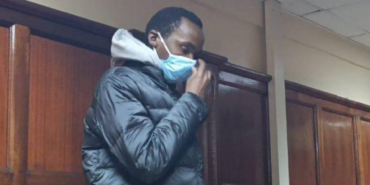
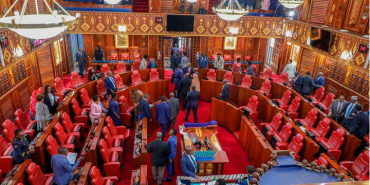
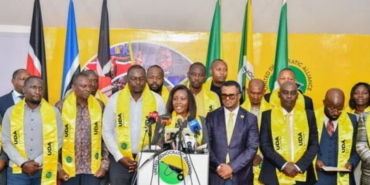
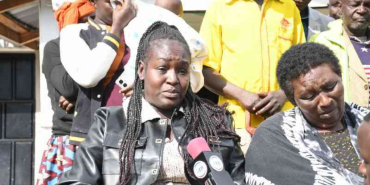
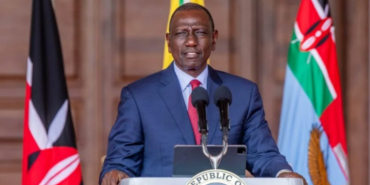
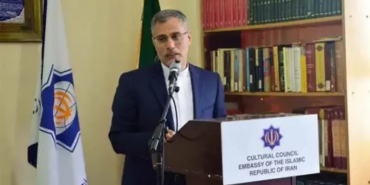
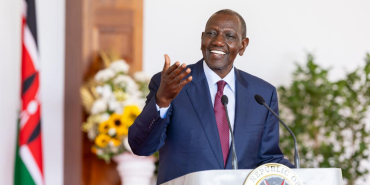




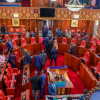
Add new comment